Best Compost For Roses (How to Grow Beautiful Roses)
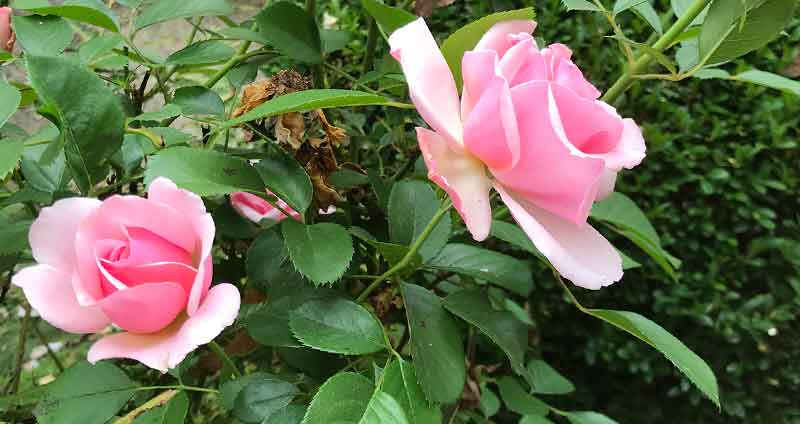
Roses are among the most beautiful garden flowers and one of the most frequent plants that gardeners have difficulty growing successfully.
Rose flowers may be attractive and enhance your garden’s beauty, but it costs the plant resources to produce the flowers.
Adding the right compost to your roses can facilitate good blooms, but your roses may not flower well (or at all) if the mix is wrong!
Which Compost Is Best For Roses?
A well-matured compost which includes well-composted manure, is the best compost for roses. Specialized compost to adjust the soil pH to 6.5 is necessary if your soil is alkaline. Bonemeal can also be added at certain times to promote good stem growth. The right frequency of adding compost is essential.
Roses have a reputation among gardeners for being notoriously sensitive plants that require a narrow range of conditions that allow them to flourish and bloom!
Many gardeners have tried to grow these beautiful plants. Still, they have soon given up in frustration when the plants do not respond to their best efforts to provide the proper nutrients for the plant.
Roses are not a plant-and-forget plant!
To provide the best conditions for these plants, you will need to tend your roses and their soil.
Some finicky rose variants have perpetuated this perception, and all rose plants have been painted with the same brush, so to speak. However, some rose varieties are not as tricky to grow as their reputation would imply.
Roses like slightly acidic soil, with the best acidity level being 6.5pH. They can tolerate a pH of 6.0 to neutral or 7pH, but the soil should never be more acidic than 6.0pH.
Compost can increase the acidity level in the soil, so you need to ensure that your compost is not too acidic. This would put the soil pH outside of the ideal range for roses.
Test your soil conditions before and after adding compost to ensure all is well. Use a soil testing kit like this one for rapid results. (Amazon)
Is Mushroom Compost Good For Roses?
Mushroom compost is the substrate used for growing mushrooms, and it is often used as a method for soil amendment.
Mushroom compost contains high quantities of soluble salts, preventing seeds from germinating or burning seedlings or sensitive plants.
If your roses are well-established plants, mushroom compost makes good compost for the plants. However, if your rose plants are small, do not use mushroom compost, but rather select one of the other alternatives.
Is Ericaceous Compost Good For Roses?
Ericaceous compost got its name because it is a compost most suited to growing plants of the Ericaceae family which prefer slightly acidic soil. Ericaceous compost will adjust the pH of the earth to be somewhat acidic, making the environment ideal for growing these plants, but is it good for roses?
Ericaceous compost is only necessary for roses if your soil is naturally on the alkaline side of the pH scale. Suppose your soil is within the pH range for roses. In that case, ericaceous compost is not necessary and, in some cases, could make the soil too acidic for the roses to flourish.
Is Ordinary Garden Compost Good For Roses?
If you process your own compost at home, you may wonder if it is suitable for use on roses or whether it contains enough nutrients for these plants.
From a pH point of view, most well-matured homemade compost will be slightly on the acidic side, generally about 6.5pH, which is ideal for roses.
If your compost is well-rounded with a good mix of carbon and nitrogen, it should have enough nutrients to sustain your rose plants. When planting roses in the ground using your homemade compost, it’s advisable to include a sprinkling of blood meal for a quick boost of additional nitrogen (Amazon).
Ordinary garden compost will work for roses already in the ground. However, you will still need to give the roses some supplemental feeding from time to time, as you would with any other compost for roses.
Best Potting Compost For Roses
Roses like growing a loamy soil texture that does not dry out too fast or retain too much water, both of which can be detrimental to your roses.
Many potting compost mixtures can be on both sides of this equation. Some can dry out too fast, while others keep the roots too wet, and the rose will not flourish.
Mixing the potting compost with ordinary garden compost in a 50:50 ratio will help adjust the potting mix to be suitable for growing roses.
How To Add Compost To Roses
Roses benefit from compost added to their growing environment, but when and how should you do this?
Too much or too frequent composting of roses can be just as detrimental to their growth and flowering as not using enough compost.
Should I Use Compost When Planting Roses?
Planting any plant, including roses, is a traumatic experience for the plant. Adding compost when planting roses is a good idea that serves multiple purposes.
Compost will ensure moisture retention but provide adequate drainage to produce an excellent growing environment for the plant. The compost will also provide ready access to nutrients, reducing the shock of being planted out.
How Much Compost To Add When Planting Roses
When planting roses in the ground, you will need to dig a hole at least 18-inches across and 14-inches deep.
- Keep the top two-thirds of the soil removed from the hole by placing it on a piece of plastic or a tarp. The last one-third of the earth usually does not have much nutritional benefit.
- Mix compost with the saved soil in the ratio of 2 parts soil to 1 part well-matured compost.
- Add ½ a cup of bloodmeal or bonemeal to provide some extra nitrogen and phosphorus (Amazon).
How To Spread Compost Around Roses
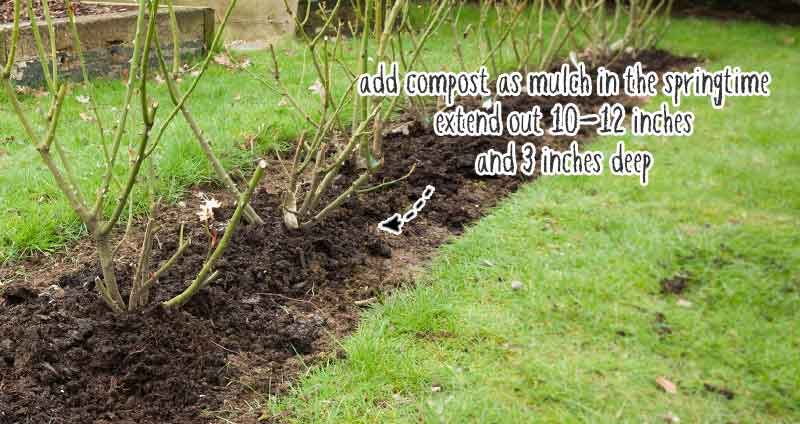
Compost can be applied as an effective mulch for roses to help protect them from frost, retain moisture in the soil and slowly provide nutrients as the compost breaks down.
Spread the compost mulch at the base of the plant, extending out to roughly 10 to 12-inches from the stem. The layer of mulch applied should be between 3 and 4-inches thick.
When To Add Compost To Roses
If you are adding compost in the form of mulch, it is best to add it in the early springtime before the weeds start to grow. Then, replenish the mulch layer as needed during the season and again in late autumn, before the first frosts.
Roses should be given compost when they are first planted. Established roses should be given compost with a ½ cup of bonemeal in mid-spring or early summer as their first feed for the season.
If you are not using compost as a mulch, you should give your roses a handful or two of compost every 3 to 4 weeks throughout the growing season.
Is Fall A Good Time To Add Compost To Roses?
The fall season is not a good time to add compost to your roses. Adding fertilizer in late summer and early fall will stimulate new growth in the rose plant, which can be damaged in the coming cold winter weather.
You can add a small amount of low nitrogen fertilizer, such as bonemeal, to promote healthy root growth for the following spring and summer growing season.
Should You Put Compost On Roses In Winter?
Compost should not be added to roses during the wintertime. The plant will not be able to use the compost since it is in a state of dormancy for the winter.
The only helpful compost to the plant in winter would be compost in the form of a layer of mulch around the plant. This would not be to feed the plant but to protect the lower stem and roots close to the surface from frost and low winter temperatures. But other forms of mulch are equally useful.
How Often Should I Add Compost To Roses?
Roses require more compost than many other garden plants, but you can also easily overfeed these plants. Too much high nitrogen compost will promote leafy growth but limit the plant’s flowering. This would not be ideal since the flowers are why we grow these plants!
Composting roses should be done about once a month with ordinary garden compost throughout the growing season. The first compost of the season should contain a ½ cup of bonemeal and ½ cup of Epsom salts to promote healthy stem growth.
Conclusion
As with any gardening endeavor, the rules change depending on your local conditions. You may need to experiment with these guidelines to find the right mix and frequency to add compost to your roses.
Tweaking your process and seeing the results is part of the fun and satisfaction of gardening…
Especially when you are rewarded by the beautiful rose blooms in your garden!


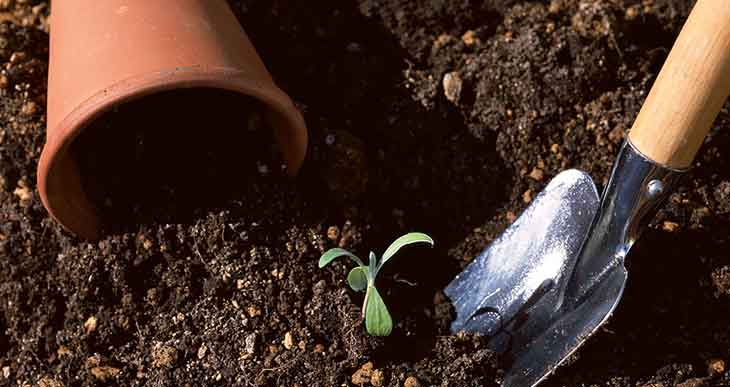
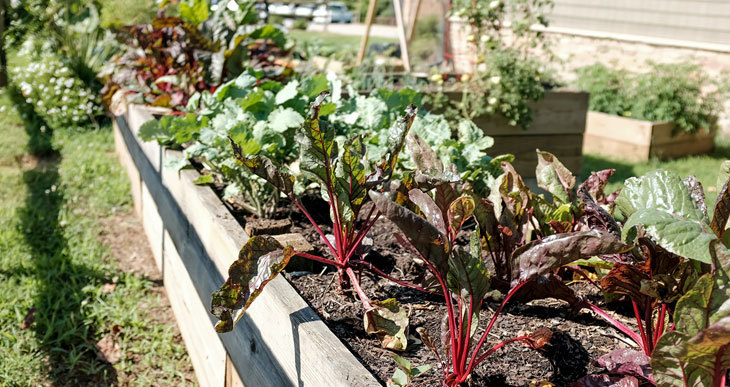
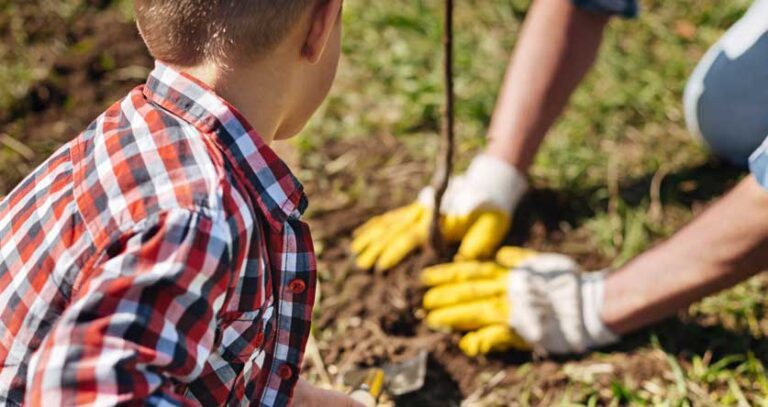
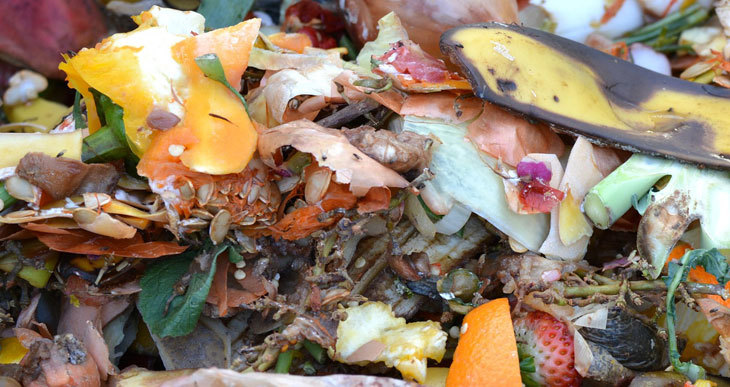
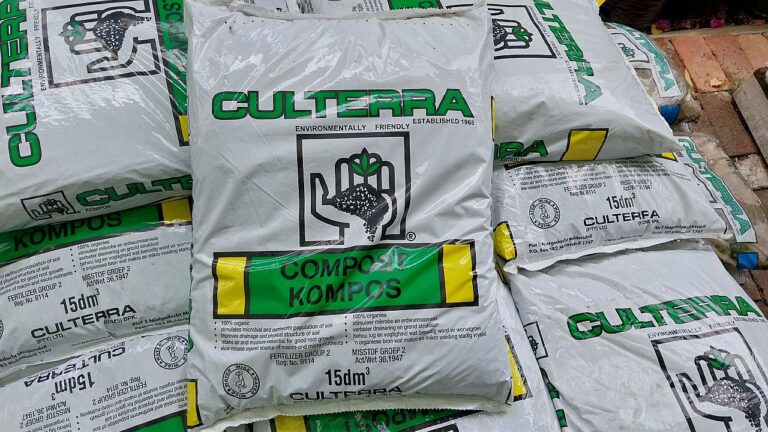
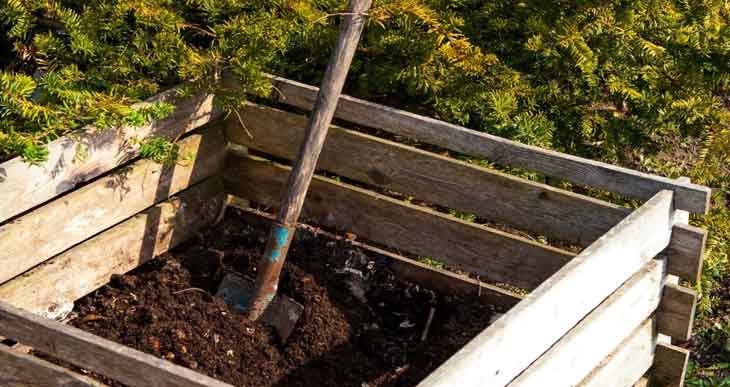
Thank you very much for such good information!
I love to make compost with the peelings of fruit and vegetables. I also use ground coffee and blended egg shells.
Keep up the good work!
Happy to help Mia
Keep on composting !
Hi Anthony .. i will be planting 3 bare root roses in the coming days, should i be adding some compost to the soil in which the roots will be sitting . i will be adding some root powder to help the roots establish better but not sure about mixing my soil with compost to fill the hole ?
Hi Martin
Absolutely, adding compost is a great idea! It enriches the soil, improves drainage, and provides nutrients for your roses. But good mature compost is best. Mix a bit with the soil in the planting hole — it’ll give your bare root roses a good start. Happy planting!